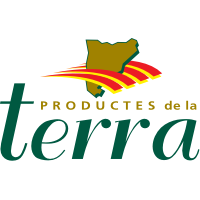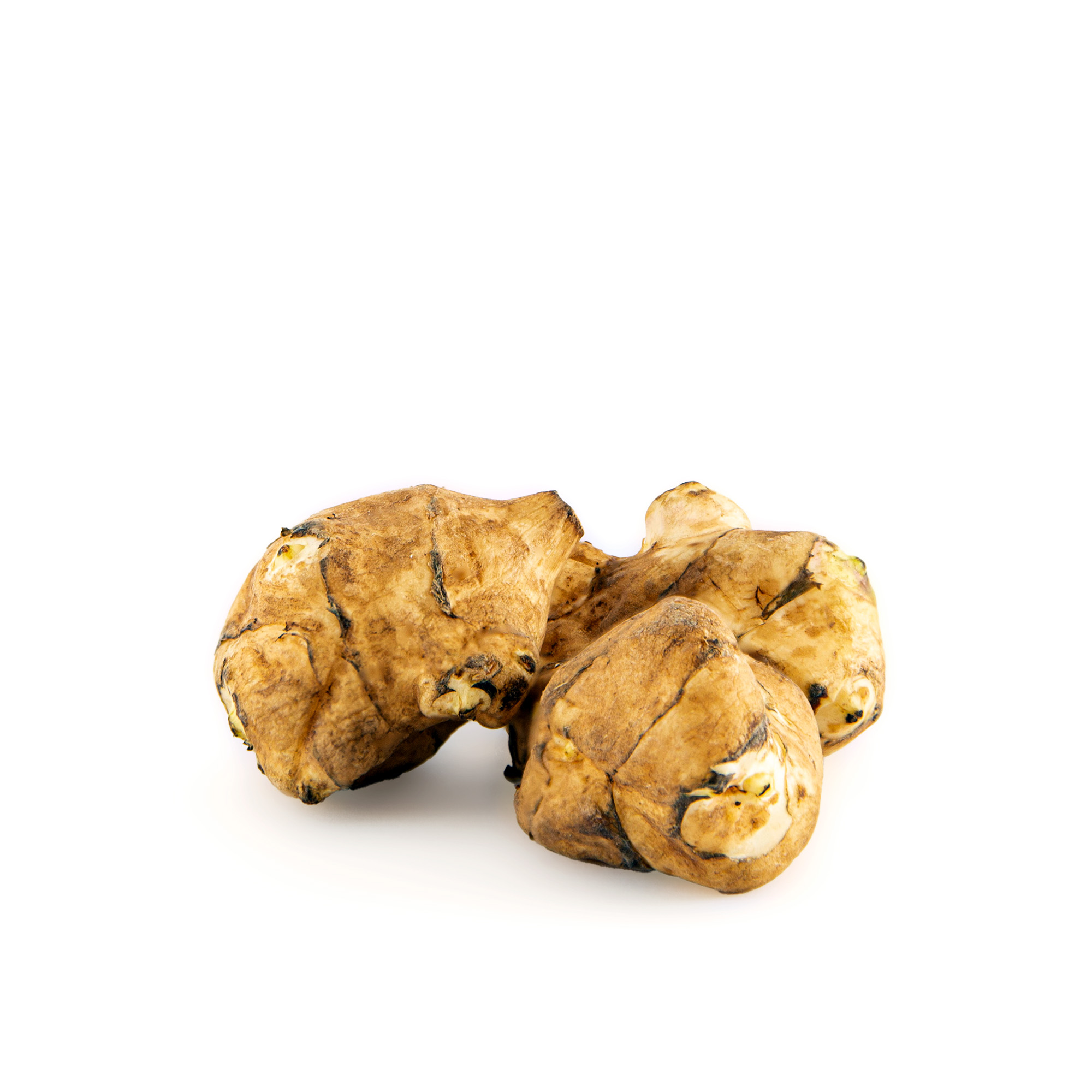Batata from Noguera
This tuber, an example of the products introduced in the eighteenth and nineteenth centuries in the farmhouses of La Noguera, is still cultivated and survives in the restaurants in the region.
One of the tubers that arrived in Catalonia during the modern era was the earth puff, a species that has adapted well to mountainous geoclimatic characteristics. Earth puff were traditionally cultivated on the margins of the fields, as were almond or quince trees. In La Noguera and La Franja de Ponent they are also known as "patarota", but it is more common to call them "batata".
Season calendar
- GEN
- Feb
- Sea
- Apr
- Never
- JUN
- JUL
- AUG
- THIRST
- OCT
- nov
- From
Complementary information
Batates (sweet potato) are rarely marketed. Usually, its producers keep a part of it for self-consumption and the surplus is marketed together with the other products from the garden. They can be purchased in some markets and retailers.
Attributes and nutritional properties
It is a tuber that, to be consumed, requires a prior conservation process: it is put in water in order to clean it from the land it has attached; a sweetening is made with 3/4 l of white wine vinegar and 1/4 l of wine, and in this fertilizer they are macerated for 20 or 25 days. Once macerated, the batata takes on the shade of vinegar and can be eaten. It is eaten raw and has always been used as an accompaniment, with salad or with vegetables. There are those who put a small chilli inside it in order to give it a spicy taste. Omeletes can also be made from it.







